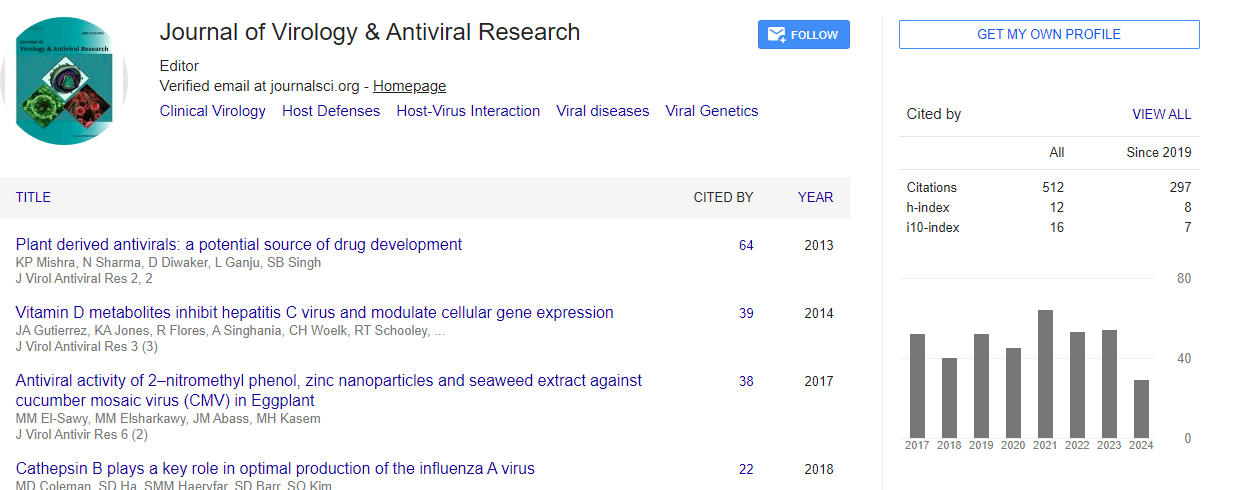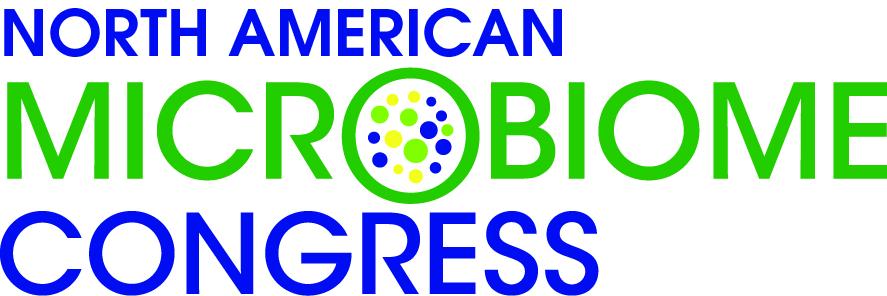Targeting IFN-I signaling during persistent HIV-1 infection enhances memory CD4 T-cell survival through AKT activation
Julien van Grevenynghe
Center INRS-Institut Armand-Frappier, Canada
: J Virol Antivir Res
Abstract
In addition to metabolic disturbances, modern Antiretroviral Therapy (ART) is unable to counteract immune defects that are associated with residual inflammation alongside viral persistence. To eventually achieve ART termination, it is critical to find new ways to boost protective immunity which include the restoration of long-lasting memory CD4 T-cells (Mem) in HIV-1-infected patients. Herein, we show that Mem from infected subjects, even in patients under ART, display sustained type I interferon (IFN-I) signaling that can be reversibly normalized using a monoclonal antibody to block IFNα/β receptor (IFNAR) pathway. Our data report that IFNAR blockade during HIV-1 infection not only improves Mem response to Interleukin-2 and Interleukin-7 (IL-2 and IL-7) cytokines, but also enhances cell protection against Fas-induced apoptosis. We find that targeting IFN-I signaling in Mem from infected patients allows them to persist longer after multiple rounds of T-cell receptor triggering. Finally, our data indicate that improvements of Mem survival upon interferon-alpha/beta receptor alpha chain (IFNAR) blockade are driven by increased protein kinase B (AKT) activation levels. Our study findings indicate that blocking IFNAR during HIV-1 infection may provide a potential strategy to enhance Mem recovery and long-term survival, even in patients with early initiation of ART.
Biography
E-mail: Julien.VanGrevenynghe@iaf.inrs.ca
 Spanish
Spanish  Chinese
Chinese  Russian
Russian  German
German  French
French  Japanese
Japanese  Portuguese
Portuguese  Hindi
Hindi 

